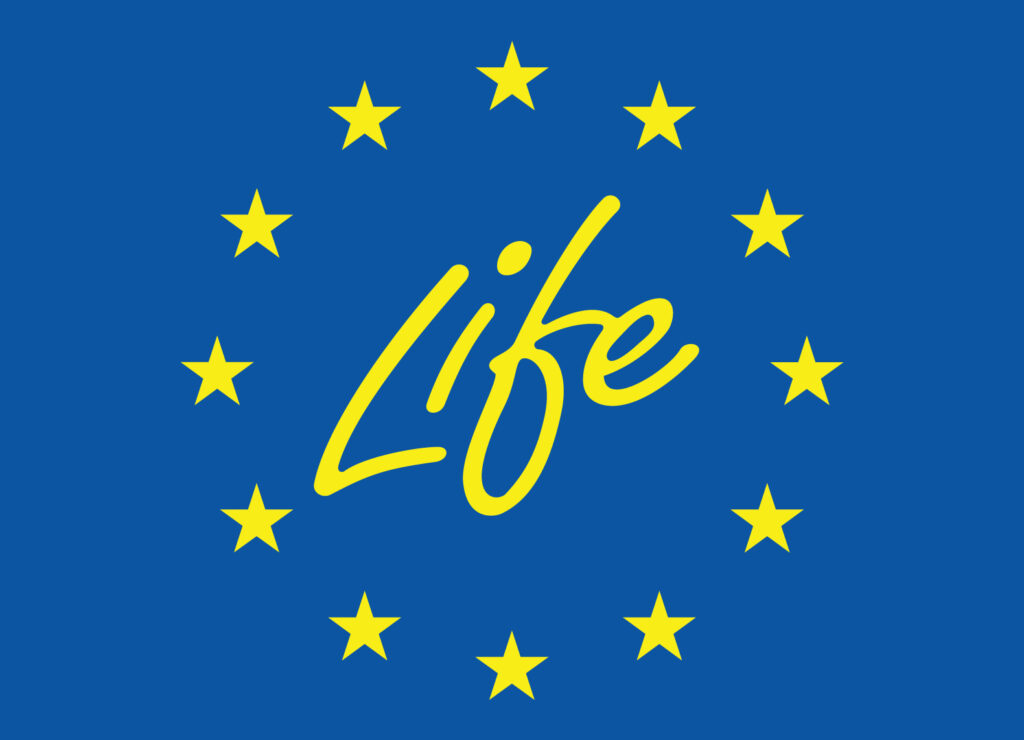The Project
Low2HighDH is a 3-year project (October 2023 – September 2026) supporting 30 high temperature district heating sites (HT DHC) in Lithuania, Poland, and Slovakia in the implementation process of low-grade or waste heat technologies, by promoting the advantages of these energy sources and providing them with an investment plan to fulfil the proposed criteria for ‘efficient district heating and cooling’ from the Energy Efficiency Directive within a 10-year timeframe.
The support to the HT DHC owners/managers includes launching and managing at least 2 requests for proposals (RFQs) to select the key suppliers for the implementation. Low- grade RES technologies to be explored will include at least solar thermal, low-temperature geothermal and heat pumps. The latter will be taken as “the enabling technology” to harness low-grade heat sources as well as to use waste heat. Being electrically driven, heat pumps can use renewable electricity for instance from wind and photovoltaics.
The project will generate and disseminate capacity building materials to be used by other HT DHC sites or stakeholders, including a portfolio of technical and financial solutions that fit with the most abundant situations.
An active engagement, dissemination and replication phase will be enabled by the creation of a wide network of stakeholders across the 3 case study countries and beyond 3 national stakeholder communities, 30 local liaison groups as well as a project-wide Ambassador community.
The project is expected to trigger EUR 454 Million in investments in sustainable energy (thermal RES technologies + waste heat), to replace 1 TWh/year of fossil fuels with and abate 291 Thousand Tons of CO2 emissions.
Low2HighDH project in Poland
Low2HighDH project in Lithuania
Low2HighDH project in Slovakia
Our Impact
Increased capacity of DHC owners/operators to integrate low-grade renewable energy or waste heat in high-temperature DH sites
Demonstration of the technical and financial feasibility of the transition to the ‘efficient DHC’ criteria of high-temperature DH systems
Improved regulatory framework for DHC allowing fulfilment of the EED criteria
Significant environmental and climate benefits generated as a result of the implementation of the investment plans
Copyright © 2025 Europroject

Co-funded by the European Union. Views and opinions expressed are however those of the author(s) only and do not necessarily reflect those of the European Union or CINEA. Neither the European Union nor the granting authority can be held responsible for them.

Co-funded by the European Union. Views and opinions expressed are however those of the author(s) only and do not necessarily reflect those of the European Union or CINEA. Neither the European Union nor the granting authority can be held responsible for them.